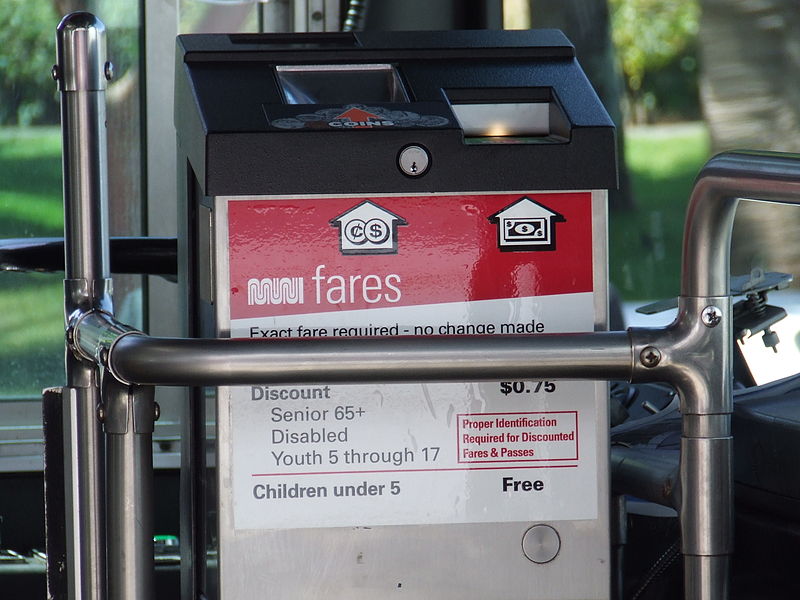The following submission is a response to D-5 Supervisor Dean Preston's editorial in the San Francisco Examiner recommending that Muni launch a fare-free pilot as the city eases out of the pandemic.
Supervisor Preston’s proposal for a fare-free Muni is a well-meaning attempt to support low-income workers as we recover from the pandemic. Sadly, it’s a proposal that would ultimately result in the decimation of our transit service, causing serious hardship to those who need it the most.
Preston cites Kansas City and Fresno as examples of cities that have made transit free, and questions why this would not be possible here. But cities with few transit riders can afford to abandon fare collection.
Kansas City forgoes $8 million in fare revenue annually and Fresno forgoes $6.5 million. By contrast, San Francisco collected over $200 million in fare revenue annually before the pandemic. Losing this revenue would cut SFMTA’s budget by 20 percent, which broadly speaking means 20 percent fewer buses and trains on the streets compared to before the pandemic.
Nevertheless, Preston claims that free transit would increase ridership, citing a study that looks at the impact of removing fares on small transit systems with plenty of empty buses to carry new riders. That is not Muni, which had little spare capacity before the pandemic and has even less now. The overcrowding we experienced pre-pandemic, exacerbated by COVID-era service cuts and social distancing requirements, would turn away those potential new riders who were enticed by free transit, as wait times increase and crowded buses pass them by.
In fact, this same study notes that no large transit system in the US has free transit, as none has found a way to replace the lost fare revenue; and that “if service quality decreases, gains in ridership will be offset by a defection of passengers with other mobility options.”
The Newsom-era study on Free Muni that Preston mentions also backs this up, concluding that “fare elimination alone may actually make public transit a less viable alternative to other modes of travel.” And the Washington DC study he cites as evidence that high fares are deterring late-night riders actually concludes that the problem is lack of service, a conclusion mirrored by San Francisco’s own studies on late-night transit.
As the city races towards full vaccination and workers start to return to offices, we need as much transit capacity as possible to get people to work on time. If Muni service is poor, riders will abandon Muni for rideshare.
To bring more riders onboard Muni we must be able to accommodate them, and that means running more service, not less. A survey conducted by the SFMTA in 2018 found that the top two improvements San Franciscans wanted to see were more frequent service and better on-time performance, and San Franciscans who do not ride Muni cited trips taking too long and being too complicated as their biggest barriers to using transit. Free or reduced fares did not make the top ten for either group.
Supervisor Preston’s focus on equity is admirable, but it makes no sense to subsidize the commutes of rich people without even giving them the opportunity to pay their fair share. On the other hand, a program to provide free Muni for low-income folks, building on the existing program of reduced fares for low-income riders, would be financially sustainable over the long term even as ridership recovers and one-time emergency federal funding dries up.
Director Tumlin and the SFMTA board have been forced to make agonizing choices during this pandemic. They have chosen to prioritize providing transit service to essential workers and keeping transit workers employed; achievements that would not have been possible without using every revenue source available. Preston accuses them of being “ideologically motivated” against his idea when the reality is that Free Muni is a regressive idea that would harm the poorest while putting money back into the pockets of the wealthy.
Supervisor Preston says this isn’t about the money, but it is. For his proposal to be taken seriously he must identify a dedicated funding source to offset the service impacts of Free Muni, one which does not place additional burden on the poorest in our city. Otherwise, a Free Muni would be a slower, more crowded, less reliable, and less equitable Muni.
Jon Bate is a Muni rider and activist with the advocacy group Streets for People.






